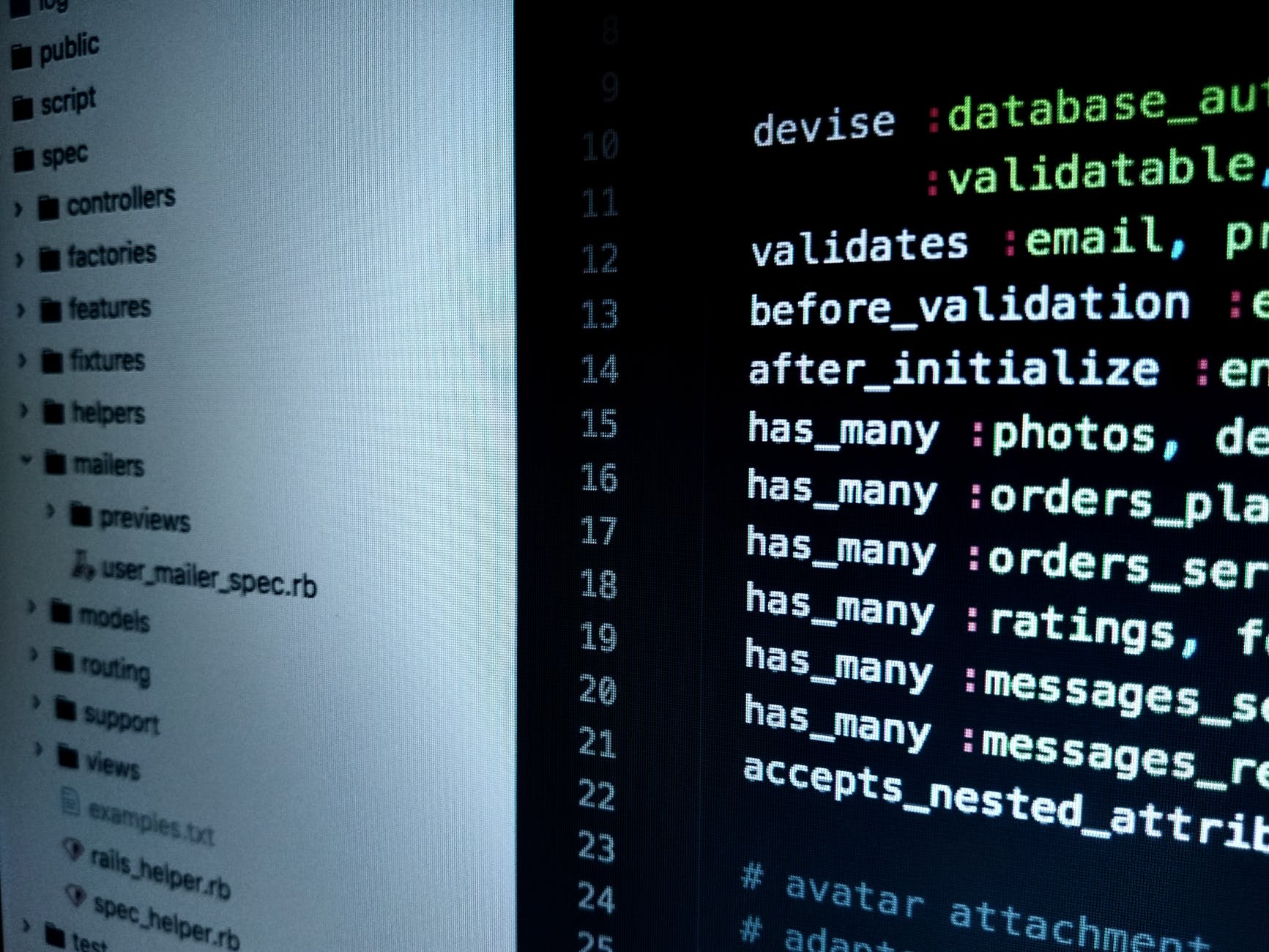
New Cybersecurity Threats As Businesses Go Remote Due To Covid-19
The Cybersecurity Threats You Need To Watch Out For
The shift to remote work may be one of the biggest challenges faced by IT today! It’s a huge challenge to maintain security when an entire organization is using its personal devices to connect over the public internet.
Malicious actors in the world of cybersecurity are aware of this, and overall cybercrime rates have been steadily on the rise since remote work grew in popularity.
In this article, we’ll explore some of the new cybersecurity threats that have emerged thanks to this new work environment.
Phishing
With online transactions on the rise, hackers are seizing the opportunity to steal sensitive information under the guise of reputable businesses or brands. They employ fake login pages and use fraudulent third-party links that trick users into entering their login information, or downloading a malicious attachment.
This practice of fishing for information by posing as a legitimate organization is known as phishing. It’s been a major problem in cybersecurity for years, but the recent pandemic has made it even more popular as more and more people use their home machines to do sensitive work.
Phishing attempts are usually made over email, and they have disastrous consequences for companies and clients. Recent technological improvements have made it more difficult to distinguish phishing scams from regular emails, putting people at risk of identity theft, credit card fraud, and blackmail. It’s important to educate your staff to avoid falling for phishing attacks and to discourage them from opening suspicious emails.
Email Fraud
Fraudulent emails compromise a victim’s safety by promoting scams, unauthorized products, and false “rewards”. This cyber tactic spams your inbox with all types of fake letters asking for money, information, or donations to organizations. Usually, suspicious links will lead you to a temporary website made to gather your information.
Spammers pay for bots to send emails in bulk to sell their personal agendas, and this business has become more lucrative during the global crisis. With more people online checking their inboxes for work or personal reasons, fake emails continue to stack up in cyberspace.
Inconsistent Security On Personal Devices
Working from home requires you to use your own personal devices like phones, tablets, or laptops to access company information and URLs. This puts workers and corporations at risk of security breaches, especially if an employee unknowingly visits a website that infects them with malware.
While security measures can be effective against potential hacks, there are no guarantees that all employees will have VPN, anti-virus, and firewall software installed. While some businesses provide work computers, the majority of remote workers are taking risks by using their personal devices without added protection. And even if users do have the necessary software, they might not be diligent in keeping their applications updated.
To remedy this, you should establish consistent security protocols and software suites that all of your users should have on their systems. You should also ask your users to put PINs or password protection on all of their devices, set up two-factor authentication, and avoid unsecured biometric logins.
Unsecured Home Or Public Wi-Fi
Public internet connections are never safe to use – hackers may use these networks to snoop on connected devices and intercept valuable information. When visiting high-density areas like airports, restaurants, libraries, or malls, your staff should never connect to a Wi-Fi network without a password. Hackers may also use fraudulent SSIDs that even experienced users might fall for.
Your staff should also secure their own home Wi-Fi connections, as many users still leave their Wi-Fi connections without password protection. And it’s not enough to use just any security – everyone should use at least WPA or WPA2 security, as the older WEP protocol has been rendered useless against attacks.
Weak Passwords
Even with the best encryption and security measures, a weak password without two-factor authentication is sometimes all it takes to break into a system. Many users still use weak passwords, such as birthdays, names of relatives, and common words that are vulnerable to brute-force dictionary attacks. Others reuse their passwords across multiple accounts on multiple sites; if any of their accounts fall victim to a data breach, all their other accounts are compromised.
Your remote workers should never use weak passwords, and they should also avoid repeating passwords they use across multiple site logins. Educate them on the use of strong passwords, which may include special characters, numbers, and a mix of uppercase and lowercase letters. If possible, try setting them up with password managers, or have them change their passwords very regularly.
Conclusion
Cybersecurity is a difficult challenge under any condition, and even more so during the COVID-19 pandemic. If you want to stay on top of security and respond rapidly and effectively to threats, you may want to partner up with experts who know how to manage cybersecurity.
At Network Coverage, we offer our expertise and years of experience in cybersecurity. Contact us now for a free consultation, and let’s work together to get your security compliance up and running!

